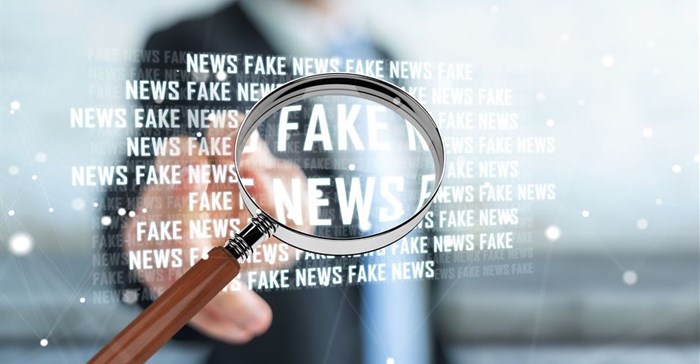Reducing fake news during elections in Africa

1. Fighting false news
We want to stop the spread of false news on our platforms. That’s why we’ve teamed up with local third-party fact-checkers across South Africa, Nigeria, Kenya, Cameroon and Senegal — including Africa Check (Africa’s first independent fact-checking organization), AFP (Agence France-Presse – an international news agency), Pesa Check (a local Kenyan fact-checking organisation) and Dubawa (a local Nigerian fact-checking organisation).
These independent groups help us assess the accuracy of news shared on Facebook, and when they determine content is false, we reduce its distribution in News Feed so fewer people see it. We also show related articles from fact-checkers for more context and notify users if a story they have shared is rated as false.
Additionally, in Nigeria, WhatsApp has worked with Africa Check and CrossCheck Nigeria to let users send questions about potential rumours they have received through the platform. These fact-checking expansions are part of a broader strategy to fight fake news that includes extensive work to remove fake accounts; cut off incentives to the financially-motivated actors that spread misinformation; promote news literacy; and give more context so people can decide for themselves what to read, trust, and share.
2. Boosting digital literacy
We want to make sure people can spot false news and know how to flag it. That’s why we’ve rolled out educational tips on national and regional radio and in print media across Nigeria, South Africa, Zambia, Kenya and Zimbabwe. In Nigeria, WhatsApp has launched its “Share Facts, Not Rumours” campaign to help increase awareness about hoaxes.
Additionally, at the end of last year Facebook began a new Online Safety Programme for students in Nigerian secondary schools. The 12-week workshop is designed to help teenagers understand the fundamentals of online safety and digital literacy, covering topics such as managing an online presence; social media and sharing; public Wi-Fi safety; building healthy relationships online; understanding password security and privacy settings; and identifying misinformation online.
3. Promoting civic engagement
Helping to build informed and civically engaged communities is central to our work around elections. In Nigeria, we’ve rolled out new options in English & Hausa so people can report posts that contain incorrect election information, encourage violence or otherwise violate our Community Standards. On Election Day, we’ll show a voting day reminder in English and Hausa at the top of Facebook’s News Feed.
4. Making political ads more transparent
Earlier this month, we began temporarily expanding enforcement and not accepting foreign election ads on Facebook in Nigeria to help prevent foreign interference. Already today you can see any ad that a Page is running on Facebook, regardless if it’s shown to you.
5. Journalist training
We continue to educate media groups and journalists across the country on best practices for sharing content on our platforms and online safety. We also provide training on our Community Standards, which govern what is and is not allowed on our platform.
6. Proactive removal of impersonation accounts
We’ve always had policies against impersonation. Thanks to recent advancements in our detection technology, we’ve become much more effective at identifying these accounts.
7. Partnerships with NGOs and civil society
In order to better understand local issues and how we can tackle them more effectively, we work with a number of NGO and civil society partners across many African countries. These local partners have been instrumental in giving us feedback that we’ve incorporated into our policies and programs, including the aforementioned training with teens and journalists.
8. Connecting with political parties about security
We’ve trained parties, campaigns and candidates on security best practices, including how to turn on two-factor authentication and how to avoid common threats online. For the Nigerian elections, we’ve trained vice presidential candidates, senatorial candidates and top advisors from over 35 major political parties — and the information included in these trainings is all available for anyone to access at politics.FB.com.
We want Facebook and WhatsApp to be places where people feel safe, can access accurate information and make their voices heard. We are making significant investments, both in products and in people, and continue to improve in each of these areas.
Source: African Press Organisation

APO is the sole press release wire in Africa, and the global leader in media relations related to Africa. With headquarters in Dakar, Senegal, APO owns a media database of over 150,000 contacts and the main Africa-related news online community.
Go to: www.bizcommunity.com/PressOffice.aspx?cn=apogroup






















